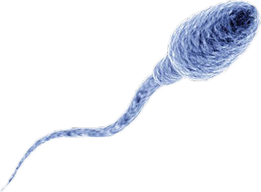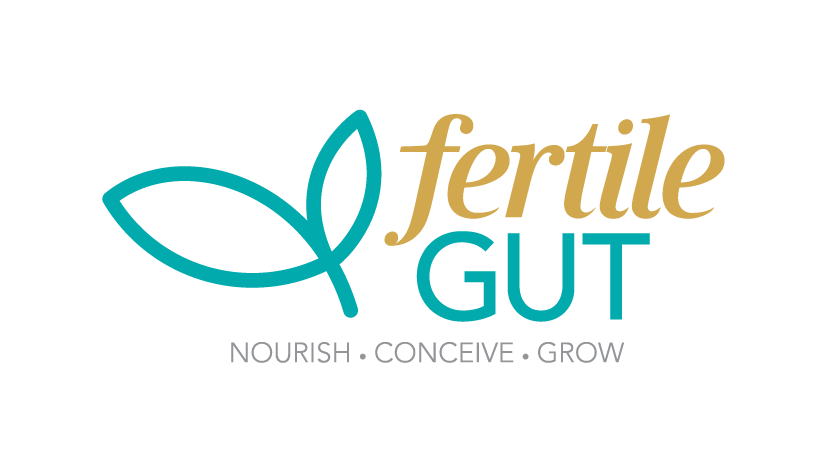|
We all too often hear about the decline in fertility with female age but little attention is given the other 50% of the equation. A father’s health prior to conception can influence pregnancy progress and their future child’s health. It sounds a bit far fetched that your current health can have an impact on future generations but that is the science of epigenetics! And like most things, this can be for good if you are looking after yourself with a healthy lifestyle, or for bad if your health is not getting the attention it needs. What the Heck is Epigenetics? Epigenetics is essentially the modulator and interpreter of your DNA. DNA is our inherited genetic material, but epigenetics can change the way that our genes are turned up or turned down. Lifestyle is a key regulator of these chemical messages that can turn a gene on or off so you can appreciate how important exercise, sleep, diet and stress are influencing our health. If you would like to read more about epigenetics check out this article at the Australian Academy of Science. Why Does Age Matter? As men age there is a decrease in fertility and an increase in pregnancy complications such as gestational diabetes, low birth weight and preterm birth. The children of fathers over 45 years have increased risks of chromosomal and non-chromosomal birth defects and has been linked to an increased incidence of childhood autism and cancers. One reason for the decline in fertility is that with age comes a decrease in the key male sex hormone testosterone. As testosterone levels decline sperm quality is reduced and in a double whammy, it is likely that libido is reduced too. Can You Turn Back the Clock? While you can’t change your chronological age, there are some great strategies to reduce the impacts of ageing on fertility.
Endurance exercise like jogging, cycling and swimming is key for driving anti-ageing changes at the cellular level. Regular aerobic exercise at the optimal intensity will dampen oxidative stress and inflammation, ultimately influencing the expression of your genetic material within the cell so you can pass on positive health traits to your future offspring. Resistance training twice a week is also a great way to increase testosterone concentrations that may decline with age. Aerobic exercise helps raise testosterone by reducing body fat levels (which reduce fertility) but a strength training session will raise testosterone concentrations immediately, improving sperm health. Aim to strength train all major muscle groups at least twice a week. How is YOUR sperm health? Comments are closed.
|
|
1300 084 694
[email protected] Suite T36, 477 Boundary St Spring Hill, Brisbane QLD 4000 Fax. 07 3540 8164 Copyright © 2022
|



